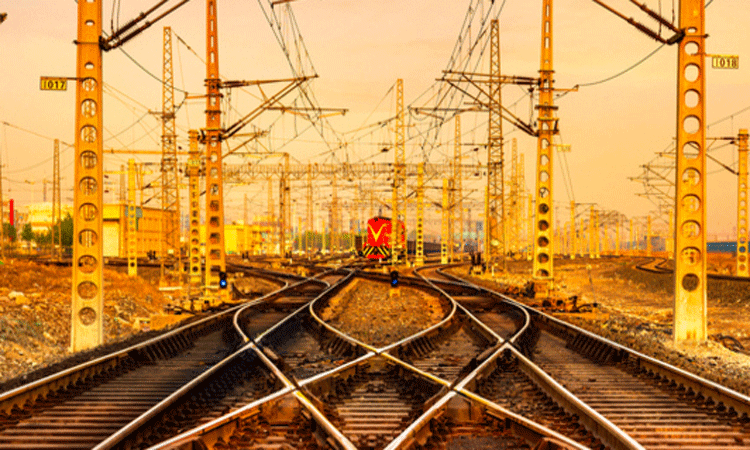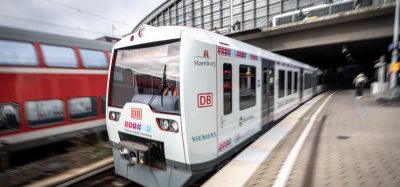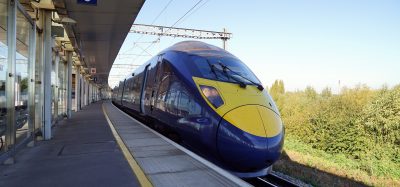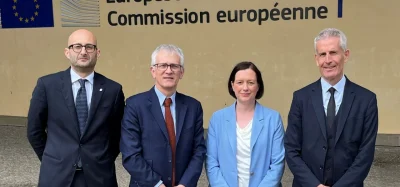EBRD appeals for an increase in rail funding in the Western Balkans
Posted: 15 September 2021 | Global Railway Review | No comments yet
The European Bank for Reconstruction and Development requests for more funding in the Western Balkans railway sector, to tackle the global climate change crisis and to better connectivity.


As one of the major multilateral investors in the Western Balkans, the European Bank for Reconstruction and Development (EBRD) has issued an appeal for more investment in the region’s railway sector, to address the climate change emergency and improve connectivity.
“Rail not only plays a critical role in any well-balanced transport system, but it is also the lynchpin for a sustainable transport approach and has a key role to play in addressing today’s climate emergency,” said Nandita Parshad, EBRD Managing Director, Sustainable Infrastructure Group, at a recent industry event, dedicated to the enhancement of the integration of the Western Balkans’ rail system with the EU’s rail system.
Furthermore, the event’s aim was to address the regional, EU and global transport policy agenda to secure safer, more efficient, interoperable, digitalised, and sustainable development of the rail transport system in the Western Balkans.
To date, the EBRD has invested almost €1 billion in the Western Balkans’ railway sector and remains committed to accelerating the pace of its activities: “We are determined to step up our investments and mobilise private-sector participation,” further added Nandita. “Of course, we will continue to provide policy and technical assistance support to advance the region’s rail sector.”
To secure and deepen the sector’s development, the EBRD executive identified three priorities:
- Investments: Investments in the hundreds of millions of euros are needed for further electrification of the rail track and rolling stock, as well as to expand infrastructure and improve signalling and digitalisation.
- Markets: It is important to open the railway market to ensure faster and more efficient cross-border traffic, and to work with governments to promote regulatory and legislative measures that facilitate market openings, as well as interoperability. Exploring ways to promote private-sector participation in the modernisation and expansion of fleets, as well as rail operations will help to deepen the role of the rail sector.
- Capacity-building: Improving the governance and capacities of national railway companies is vital. Ambitious plans to improve service quality and speed in line with EU standards will require further strengthening of capacities to prepare and implement projects and essential reforms in the sector, improve corporate governance and enhance safety and maintenance.
Against the backdrop of the climate crisis, Nandita called for urgent action: “Given that transport is responsible for approximately a quarter of global greenhouse gas emissions and that rail is substantially cleaner than road transport, a modal shift towards rail will have a hugely positive impact on emission reductions and air quality. This is a tremendous opportunity to decarbonise the transport sector and an opportunity we must not miss.”
Related topics
Funding & Finance, Operational Performance, Regulation & Legislation, Rolling Stock Components (Interior/Exterior), Rolling Stock Orders/Developments, Sustainability/Decarbonisation
Related organisations
European Bank for Reconstruction and Development (EBRD), European Investment Bank (EIB)








